Coastal Clean-up the Rest of the Year!
If you weren't able to participate in October's 27th Annual Mississippi Coastal Cleanup, no worries! Here's some simple things you can do year-round to make our coast a better place - and why it's so important!
- by Karen Fineran, photos courtesy Hancock Chamber
Floatable marine debris items, once they enter the ocean, are carried via oceanic currents and atmospheric winds, and can be carried quite far from their origin. Many animals, such as sea turtles, seabirds, and marine mammals may mistake debris items for food and ingest them, or ingest them accidentally with other food, leading to internal injuries and sometimes death.
One of the most notable types of impacts from marine debris is wildlife entanglement. Derelict nets, ropes, line, or other fishing gear, packing bands, rubber bands, six-pack rings, and a variety of marine debris can wrap around marine life, leading to injury, suffocation, starvation, or death. What Else Can I Do To Help?
If you weren't able to get out and join Hancock County’s organized cleanup in October, there are other things that you can do to mitigate the problem.
How Can I Learn More?
There are a number of resources to turn to if you want to learn more about marine debris and ways to prevent it. The National Oceanic and Atmospheric Administration’s (NOAA) Marine Debris Program is the federal government’s lead organization for the research and prevention of marine debris. You can get access to current marine debris information and learn more about the program by visiting or by checking out NOAA’s marine debris blog. You can also visit the official International Coastal Cleanup website.
For more information about the Mississippi cleanup, contact Ed Cake, Chairman of the Marine Debris Task Force, at (228) 324-9292, or Melissa Scallan, Mississippi Department of Marine Resources (MDMR) Public Affairs Director at (228) 523-4124. Comments are closed.
|
Categories
All
Archives
July 2024
|
Shoofly Magazine Partners
Our Shoofly Partners are local businesses and organizations who share our mission to enrich community life in Bay St. Louis, Waveland, Diamondhead and Pass Christian. These are limited in number to maximize visibility. Email us now to become a Shoofly Partner!

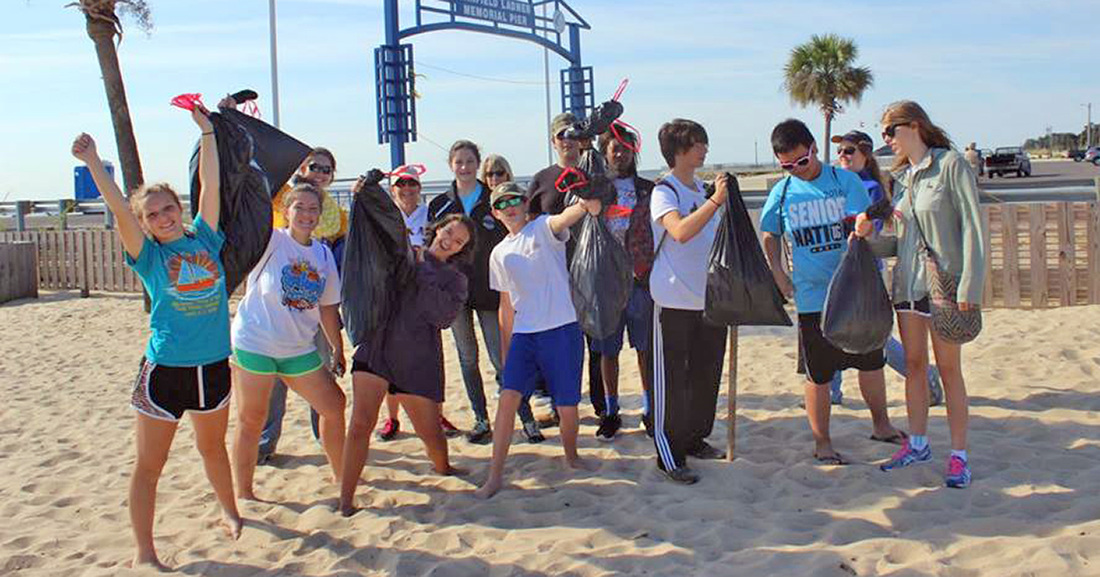

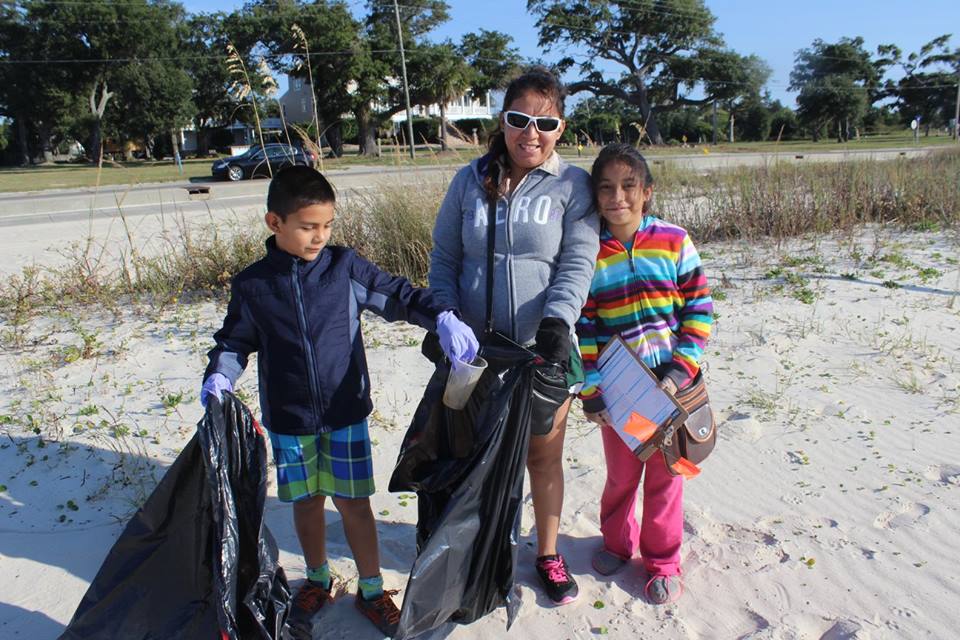
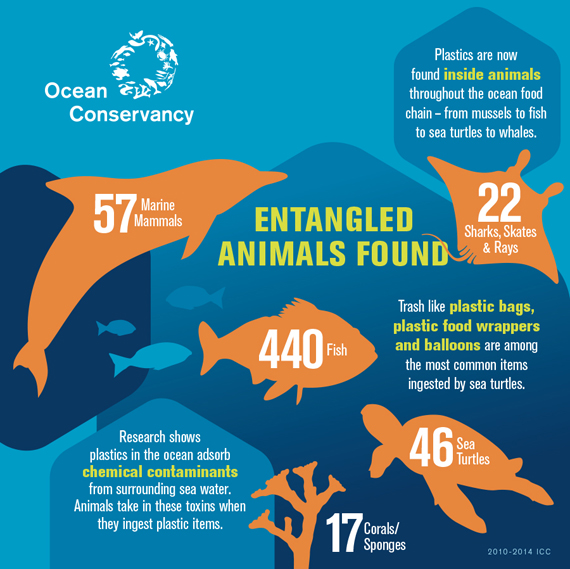
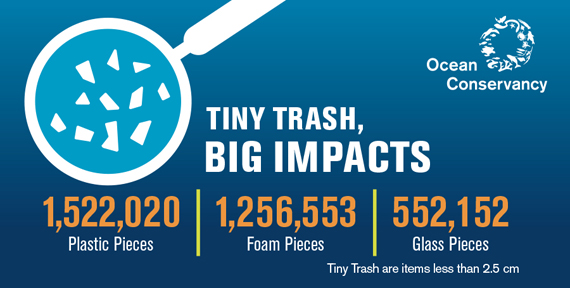
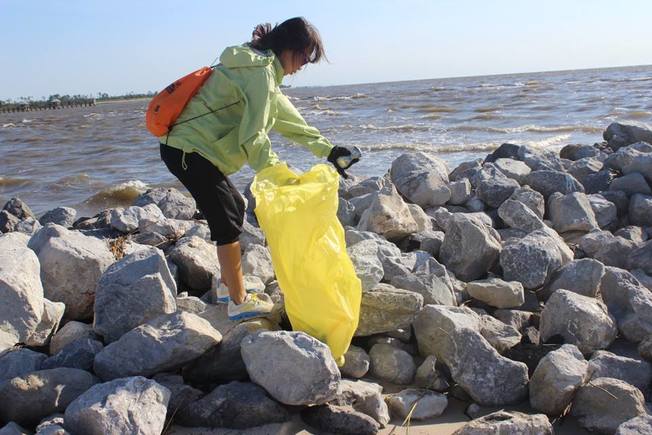
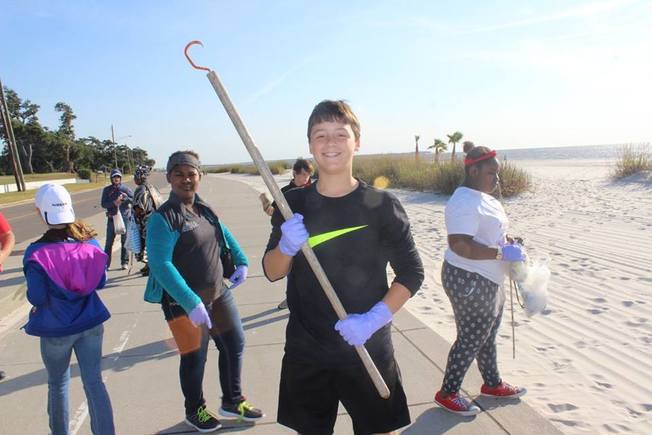
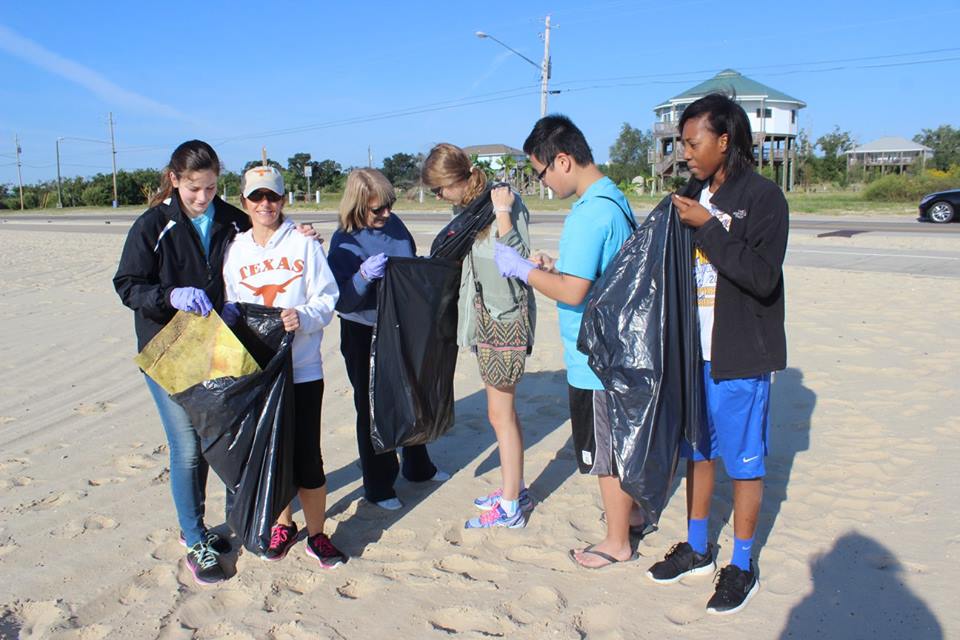
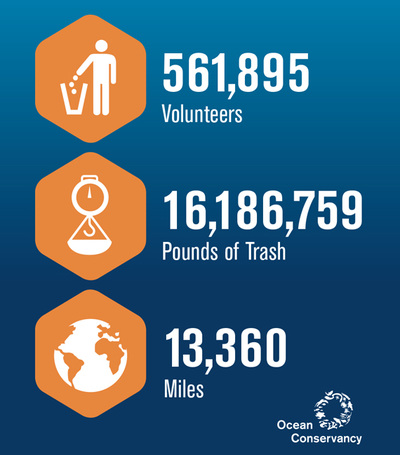
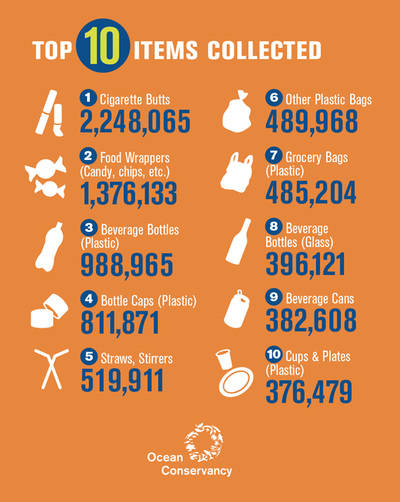
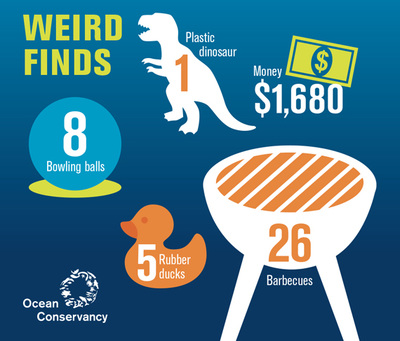
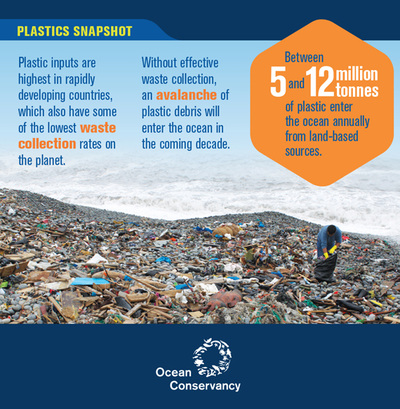

























 RSS Feed
RSS Feed























